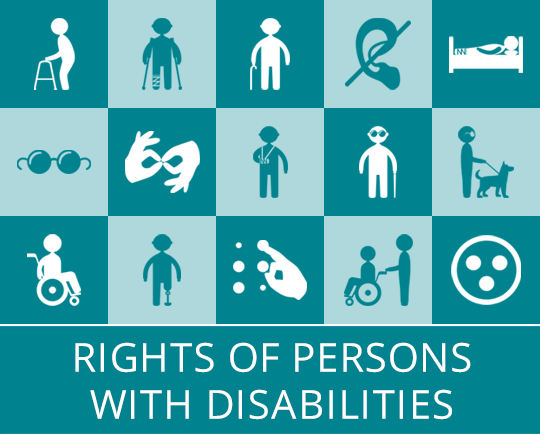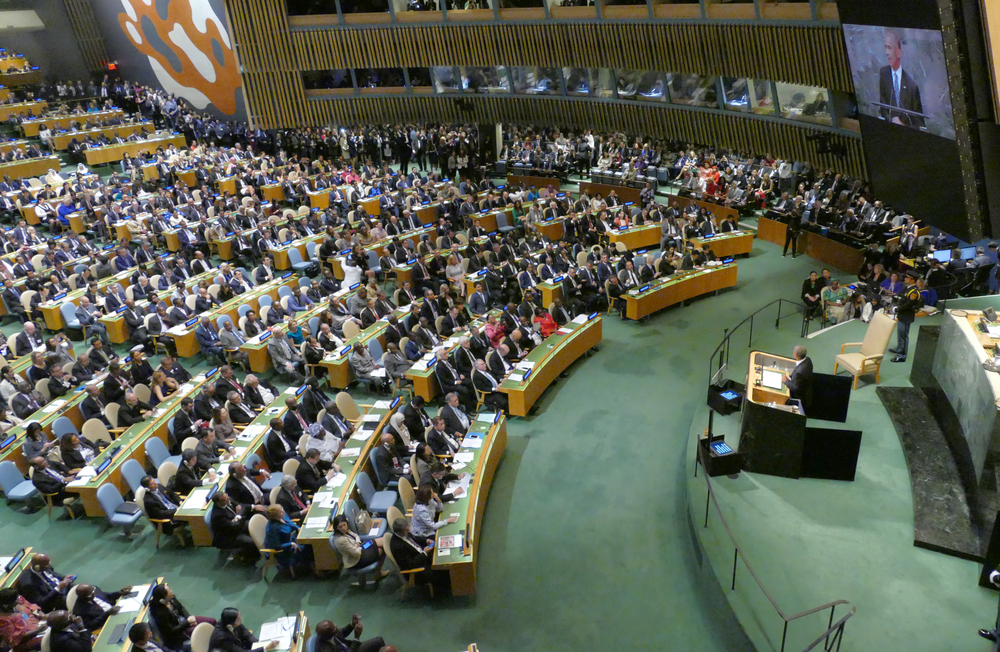On 21 November 2017, the Third Committee of the 72nd session of the UN General Assembly adopted the draft resolution A/C.3/72/L.18/Rev.1 on the “Implementation of the Convention on the Rights of Persons with Disabilities and the Optional Protocol thereto: situation of women and girls with disabilities.” It recognises that women and girls with disabilities are faced with multiple and intersecting forms of discrimination which poses barriers in all aspects of life. The draft resolution, inter alia, acknowledges the importance of taking measures to raise awareness of the rights of women and girls with disabilities in order to eliminate stereotypes, prejudices and violence.
Awareness raising on the rights of persons with disabilities, equal opportunities and freedom from exploitation, violence and abuse are among the priority areas of the Council of Europe Strategy on the Rights of Persons with Disabilities: Human Rights a Reality for All.
More information about the UN General Assembly draft resolution is available on this page.




